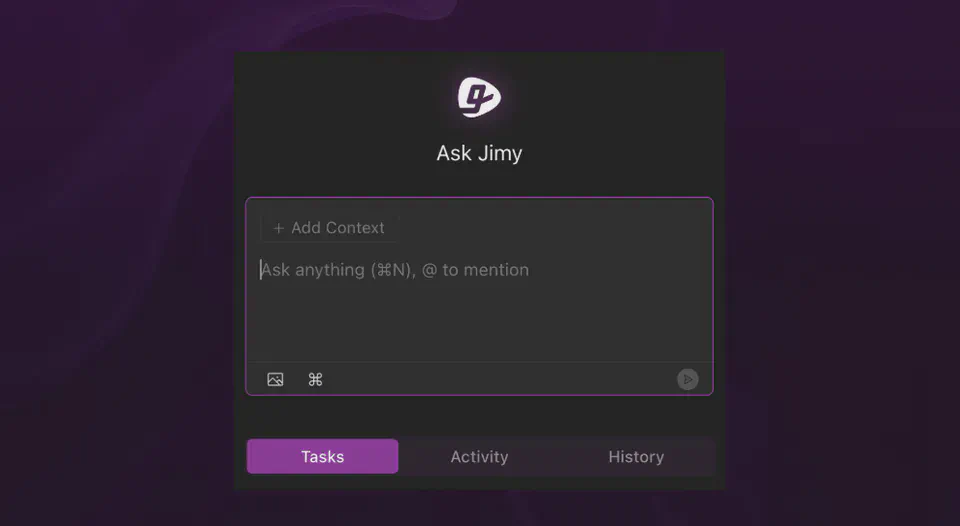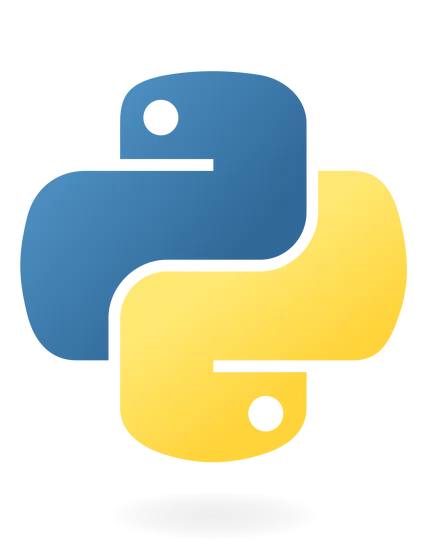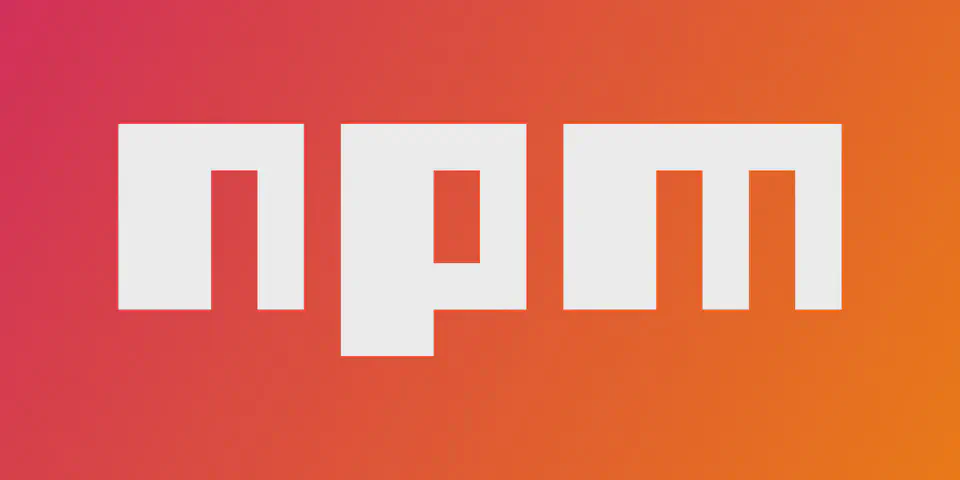
AI Engineer, PhD
I’m building the next generation of AI-driven developer tooling, and developing techniques for agents to perform long-running and complex code migrations across enterprise-scale codebases.
- Building robust agentic systems
- Combining AI and static analysis
- Scaling AI agents to millions+ LoC
- Photography (Flickr) and spending time with my cats.
PhD, Computer Science, 2024

MS, Computer Science, 2020
BS, Computer Science; BS, Mathematics, 2018
Selected Experience
AI Engineer
Gitar- Building Jimy, the first AI coding agent which leverages deep static analysis and source code-level optimization algorithms to scale agentic AI to massive enterprise codebases while minimizing hallucinations.
- Leading the AI research team on designing and implementing techniques for bridging core compiler algorithms with generative AI in Jimy.
- Architected and implemented static analysis technologies for automated code refactoring solutions for enterprise clients, including multiple Fortune 500 companies.
PhD Candidate
Northeastern UniversityBuilt a new generation of intelligent package managers for JavaScript and Python based on combining deterministic constraint solving algorithms with generative AI to automatically fix common developer issues, such as solving runtime errors, patching security vulnerabilities and reducing code size.
Supervised and guided an undergraduate student (Federico Cassano) in building a distributed system using relational databases and container orchestration to archive every NPM package (over 36 million, 20+ TB) with low-latency (<1 min) within a large (50,000 CPU core) high-performance computing (HPC) cluster.
Developed a novel eval methodology (MultiPL-E) to standardize the evaluation of large language model (LLM) code generation across 19 programming languages, which is used extensively by researchers at Hugging Face, ServiceNow, IBM Research and SAP.
... and more!
Building is my form of expression. Here are a selection of projects that I have worked on over the years.


